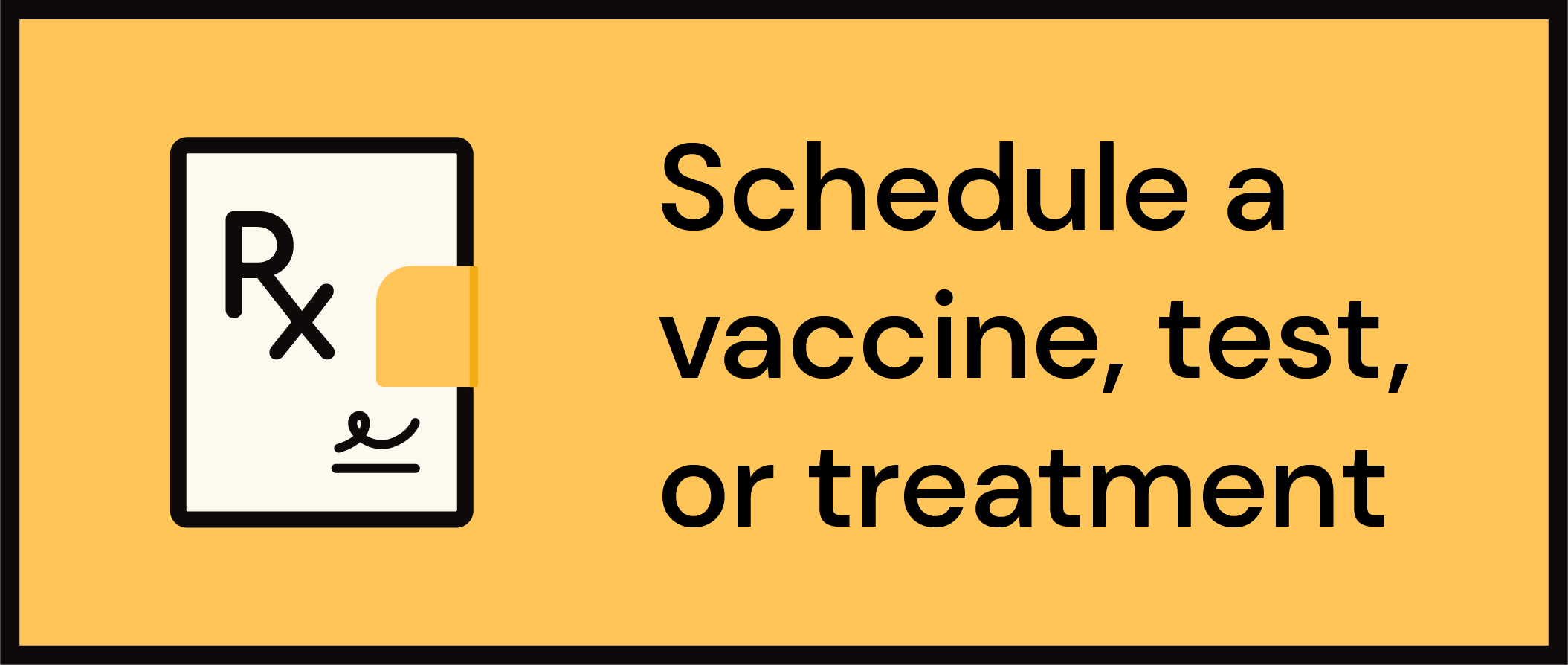Get Healthy!

- Sydney Murphy
- Posted July 28, 2022
Telehealth, Phone Visits a Lifesaver for Veterans Addicted to Opioids
There are many obstacles to opioid addiction treatment, but a new study shows one that one outgrowth of the COVID pandemic -- telehealth -- is enabling more U.S. veterans to get help.
Researchers examined care given to vets before and after a transition to telehealth visits in early 2020 for treatment of their opioid use disorder. Telehealth for patients receiving the prescription drug buphrenorphine to treat opioid dependence was relatively new in the Veterans Affairs health system before the pandemic, said lead author Dr. Allison Lin.
"The rapid switch to virtual visits for most patients kept people from dropping out of care, and telephone visits [also] played a key role," said Lin, an addiction psychiatrist at the Ann Arbor VA in Michigan and investigator at the VA Center for Clinical Management Research.
In 2020, phone appointments significantly outnumbered video and in-person visits, the study found. Even in early 2021, phone visits made up 50% of monthly visits for vets using buprenorphine; video visits, 32%; and in-person care, 17%.
Compared to March 2019, on a monthly basis there was a 14% increase in number of vets receiving buphrenorphine treatment in February of last year. Over that same period, 6% fewer vets overall received any kind of addiction treatment.
Lin and her colleagues at the VA Ann Arbor Healthcare System and the University of Michigan published their findings July 28 in the American Journal of Psychiatry.
They said this new data on phone, video and in-person treatment could provide important policy insights at a crucial time.
Federal, state and VA policymakers are all debating decisions about the future of telehealth rules adopted during COVID era. Before the pandemic, audio-only visits were typically not allowed and video visits to patients at home were often not reimbursed.
Lin hopes policymakers will weigh the evidence carefully before making final rules.
Having phone access might be particularly crucial for those with opioid use disorders, many of whom lack stable housing, access to a computer or high-speed internet.
"Phone visits may provide flexibility to make it easier to keep people engaged in care over time," Lin said in a university news release. "These are also often some of the sickest patients we care for, who have some of the highest risk for overdose. Keeping these patients in care is a major priority."
Policies that make it as simple as possible for people to continue receiving addiction treatment may have a significant impact on their general outcomes, she said.
More study is needed to understand the preferences and experiences of patients and clinicians, and to assess the effectiveness of care delivered via telehealth, Lin said.
More information
The U.S. Health Resources and Services Administration has more about telehealth.
SOURCE: University of Michigan/Michigan Medicine, news release, July 28, 2022








